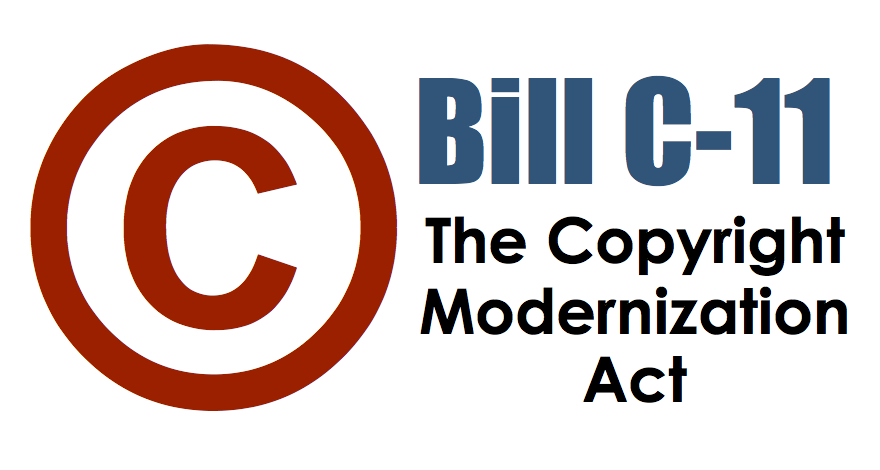Are you there, internet? It's me...
I did not start this blog because I expected people to come here for music; I did not start this blog out of expectations of a plethora of readers, either. This blog has been a lot about self-actualization. I have written about music because it has moved me. Every post made thus far has been because there has been something to say that hurt to retain. Here is the truth...
I have found all of this music courtesy of the internet. There has been word of mouth and whatnot, but never has that been on an international scale. We've reached a stage where a song recorded in North America can be spread around the world in an instant. Is this really a problem? Think of what file sharing and the internet has come to replace. Though the radio has never really stopped, it's notoriety in the making of bands has diminished from instant fame to a slight spur in popularity. What was once an essential component in the discovery of new music has diminished. Reveled artists reveal that they used to idolize the greats that would gallivant across airwaves and into homes across the world. This is what made music accessible...
To exhibit radio's past influence, turn to Sam Beam of Iron and Wine. His fond memories of warmth and honest emotion of seventies radio music inspired his writing and composing of his latest album. Gone were the hushed acoustic tones of the Creek Drank the Cradle and departed was the mellow catharsis of the Shepherd's Dog; instead, Beam wanted to write something true to the days of innocence and youth that delivered him to artistic expression...
I use Beam as an example not just to illustrate the effect the radio had, but to ask a simple question: is that possible now? Let's ignore piracy at this point and simply look to the radio. Would a station that played more popular mainstream music, the kind that promotes promiscuity, be able to have the same effect? More importantly, what of the fact that music hardly takes up half the programming? Which now leads me to the biggest question...
Did radio die because there were alternatives, or did the alternatives become more alluring because radio dwindled in appeal?
One doesn't need an economics degree to understand how supply and demand works. Everything operates in equilibrium, but if something changes, the supply, or, more frequently, the demand curve shifts thus establishing a new equilibrium. One factor that can shift the curves (and the degree of a change) is the introduction, or availability, of substitutes...
As radio introduced commercials and alternative programming, radio went from being a place of discovery to background music; what was once an active engagement became the soundtrack to mundane events or the long drive home. Whereas one once had epiphany-like moments of realization or actualization, radio became more of a testament to our fear of silence than our desire to discover. Could it be that this was when radio began to diminish in influence? As for piracy...
I believe that Neil Young's statement is true. I look at people who have preceded my generation and how radio was their go-to way of listening to the latest single or discovering what band was up-and-coming. This is what piracy has become for us. People who love music want to discover it; they want to find the next soundtrack to their romantic involvement; they want to find the next song to cry to our to burst out in glee. They want what music can provide. Consequently, finding new music has never been easier. I am not an advocate for piracy; I, like most of the 50% of the population who take part in piracy, feel guilt in my actions despite the desensitization. I feel like I'm doing something wrong, but I also put that aside in order to discover more. If it weren't for piracy, I wouldn't be a concert fanatic or a merchandise fiend. It's in this that piracy is doing a service for these bands. Would there be a couple hundred people at some Brooklyn-based band's debut at a local venue if piracy didn't enable their latest album to be shared all the way to Vancouver? Would some British band getting rave reviews and massive plays from the BBC really make it over the Atlantic had their music not been shared up and down the east coast?
Piracy is the new radio.
People have always known how to share music. All that has happened is the medium has changed. As one artist reminisced, they used to personally record songs from the radio and make his own compilations to share with friends. Though this massive scale boost may not be all benefits, it certainly helps bands trying to make it big by providing advertising...
But piracy is still a slippery slope type problem. Where is the line drawn? At what point does it become all detriment and no benefit? Bands do make loyal fans at the click of a button and that is an incredible testament to our technological development, but where it grows to from here can be problematic...
Piracy may be the new radio; moderation might keep it that way.


